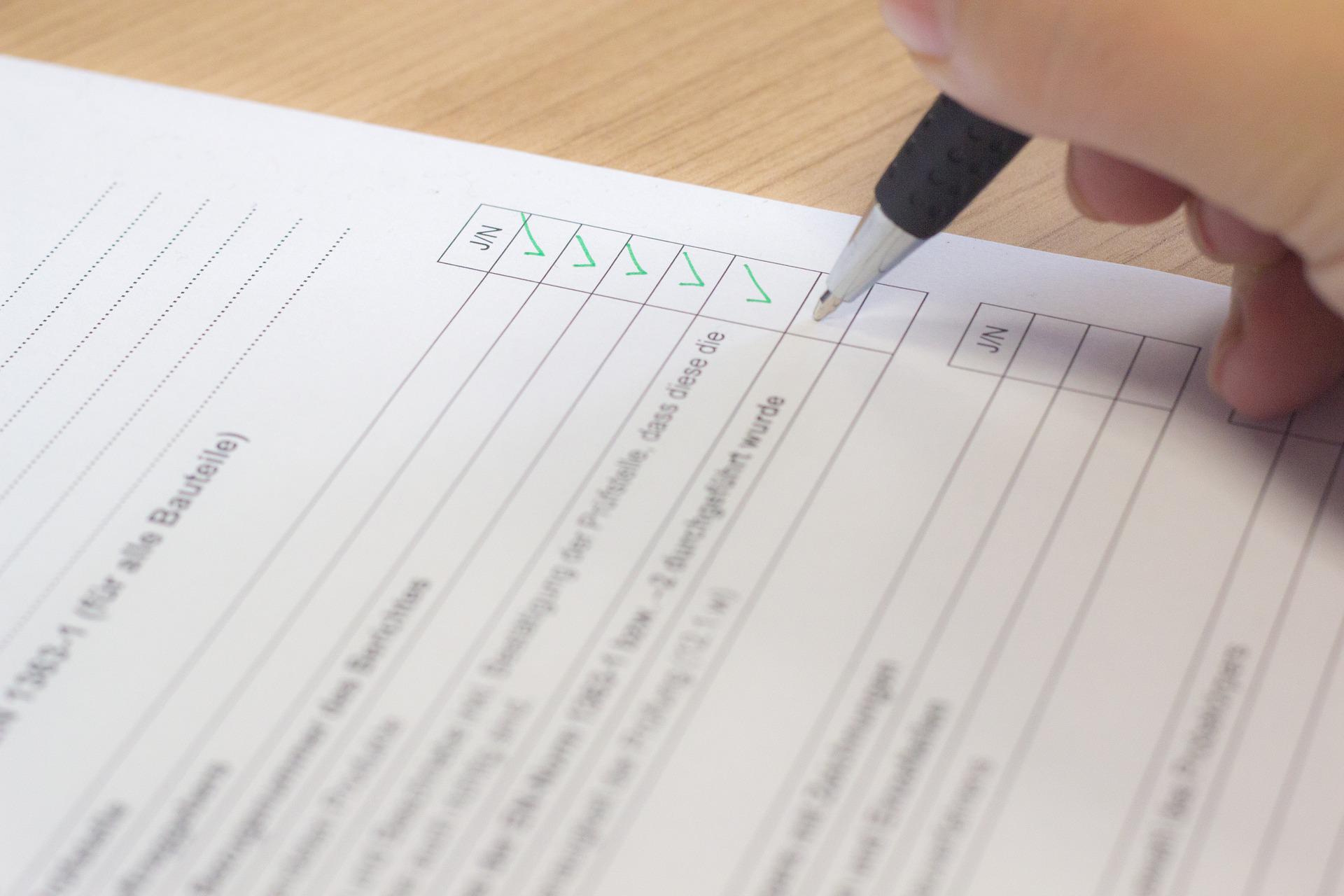Why Do We Need Translation Standards?
Due to the surge of the Internet, the global translation market has developed immensely in the past ten years. Recently, a significant number of companies enter foreign markets. This means that businesses that never encountered foreign languages before are suddenly in great need of quality translation services. These businesses range from technical unicorns, law firms, banks, and any given small to large-sized companies.
When a company is new to the foreign marketplace, and never dealt with translations before, they usually select a translation company that doesn’t produce translations of the same calibre as professional, official translation companies. If they select one lacking the proper standards for quality translation, it is likely that they will run into major problems. Hence, quality translation standards exist. Further, a business can rest easy when using an official translation company equipped with industry standards as they will be receiving quality translation.
What Does ‘Quality Translation’ Mean?
Many companies also wonder what a quality translation truly entails. Basically, translation quality has three characteristics (on top of having industry standards). The translation should be:
- Repeatable (two evaluations of the same sample produce similar results);
- Reproducible (different assessors should come to a similar evaluation for the same translation);
- Objective (free of subjective bias).
The main objective of a translation company is to produce the highest possible quality translation or localization. However, quality means executing industry standards and ensuring that the customer is 100% satisfied with the translation product. At Express Translation Company, we offer our 100% satisfaction guaranteed for all of our translations. Our lifetime warranty ensures quality translation because that’s what our clients’ projects demand, so that’s what they deserve.
Types of Standards in Translation Services
As quality translation becomes more of an interest to businesses entering the foreign market, industry standards developed for translation services. These include:
- The German DIN 2345: This covers translation services, procedures, and contracts for supplying the services. This is one of the most complete standards.
- The Italian UNI 10574: Establishes the service requirements, activities and processes in translation companies.
- The Austrian Önorm D 1200: Involves standards for translation and interpreting services and the requirements for offering these services.
- The Austrain Önorm D 1201: Covers translation and interpreting services in accordance with the contracts that cover these services.
- The international ISO 12616: Manages terminology that pertains to translation. This standard gathers and registers terminology data to aid in translation.
- ASTM F2575-06: Provides a platform for customers and translation companies to agree on the exact requirements of a translation project. This standard declares parameters that should be considered before starting a translation project.
- EN 15038: Defines basic requirements for translation companies, unifies the terminology used in the translation industry, and creates a platform for the interaction between customers and translation companies (in regards to rights and obligations).
